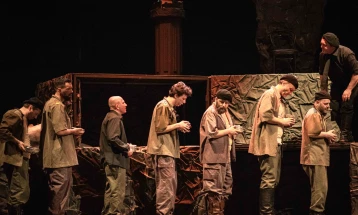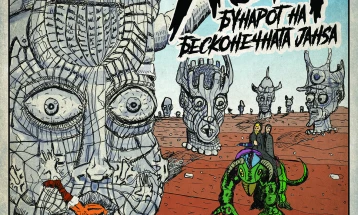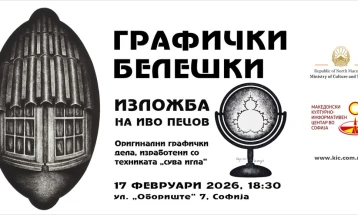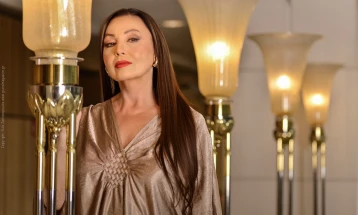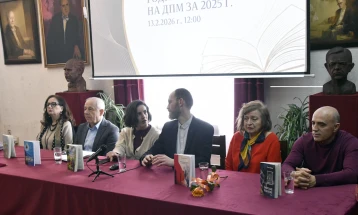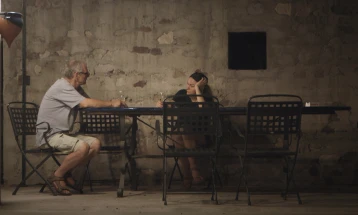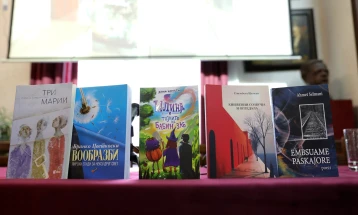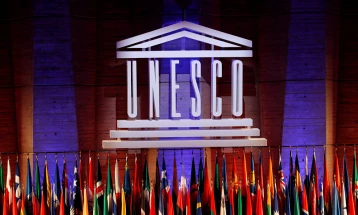20 icons illegally exported to Albania to be returned after ratification of agreement between the two countries
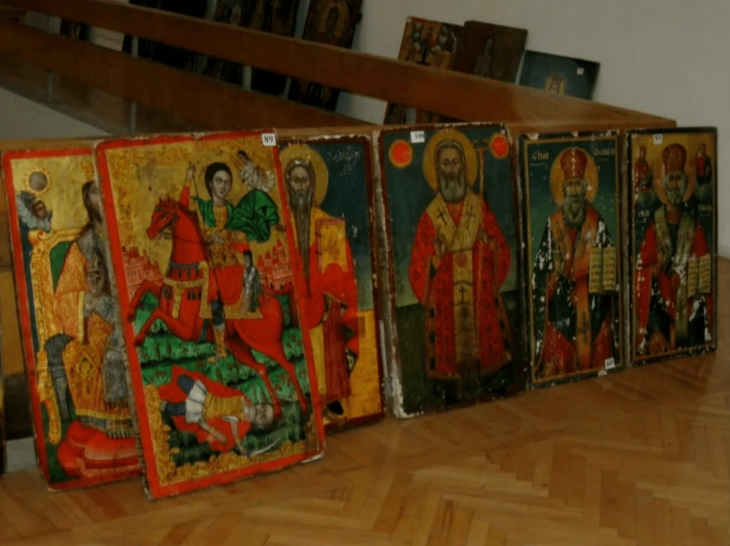
Skopje, 15 November 2022 (MIA) – Under the cooperation agreement between Albania and North Macedonia on returning illegally exported icons to the country of origin, which was signed on Monday, 20 icons that were illegally exported from the country ten years ago will be returned, and the process will be finalized after the agreement is ratified in both countries. The process to return other icons from Albania that were recently identified is also opened.
According to the Minister of Culture Bisera Kostadinovska-Stojchevska, the procedure was carried out over a period of more than nine years, and it involved experts from the Ministry of Culture of North Macedonia, the Directorate for Protection of Cultural Heritage, MANU, National Conservation Center, Bitola Institute and Museum and Ohrid Institute and Museum.
“All these years, the team, the experts worked together and with one goal, to return the icons to the country. I also express my gratitude to the Albanian side, with whom we were in constant contact. We constantly exchanged information and expert opinions. To mutual satisfaction, the process has a desired epilogue, thanks to professionalism and respect for the provisions of the UNESCO 1970 Convention on the Means of Prohibiting and Preventing the Illicit Import, Export and Transfer of Ownership of Cultural Property, to which we and Albania are signatories,” the Culture Minister told a press conference on Tuesday.
More specifically, she added, a large number of icons and church objects were seized as part of the "Icon" case, which was carried out in October 2013 on the territory of the Republic of Albania.
Mutual cooperation between the competent authorities of the two countries led to exchange of information and knowledge, confirming that 20 icons don’t originate from the Republic of Albania, i.e. there are indications that they were illegally exported from the Republic of North Macedonia.
“The further procedure identified the churches and monasteries in the Republic of Macedonia from which the icons were illegally removed, the time period when this had been done and the way in which they were transferred to the Republic of Albania,” the Minister noted.
She pointed out that the Directorate for Protection of Cultural Heritage, a body within the Ministry of Culture, in accordance with Article 442 a of the Law on Protection of Cultural Heritage, has passed a decision by which 20 icons were determined as national treasures of the Republic of North Macedonia.
In the meantime, the Minister added, the documentation was completed according to international regulations, and colleagues from Albania also inspected the churches from where the icons were stolen.
Throughout this entire time, she noted, a legal procedure was also carried out on the Albanian side as well. “These are complex processes that were finalized with the signing of this agreement,” said Kostadinovska-Stojchevska.
She pointed out it is necessary for the Parliaments of the two countries to ratify the agreements, before the icons are returned to the country.
Art historian Sasho Cvetkovski from MANU told the press conference this was the first time in the history of the country that such an agreement is being signed and a system of cooperation is being established in that sphere, expressing hope that this will continue in the future.
According to him, a serious approach is needed now because some of the icons are damaged, and some of them have undergone interventions to erase Slavic signatures and inscriptions.
